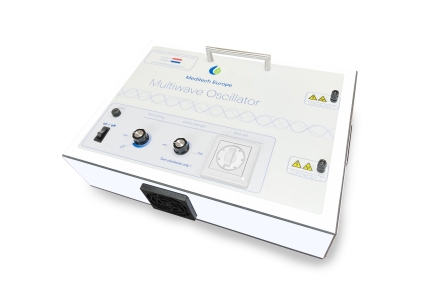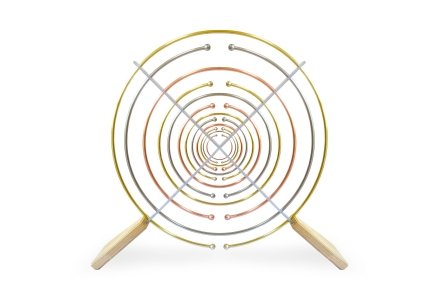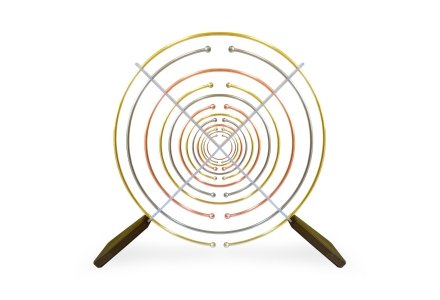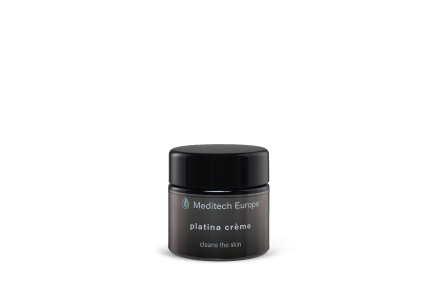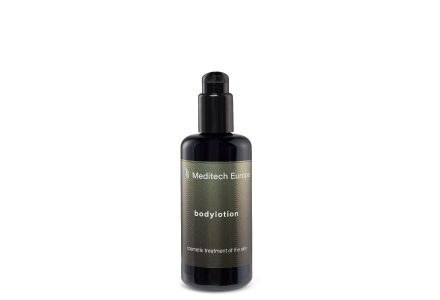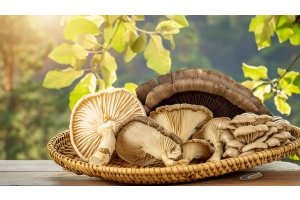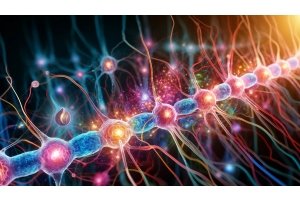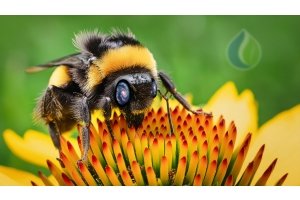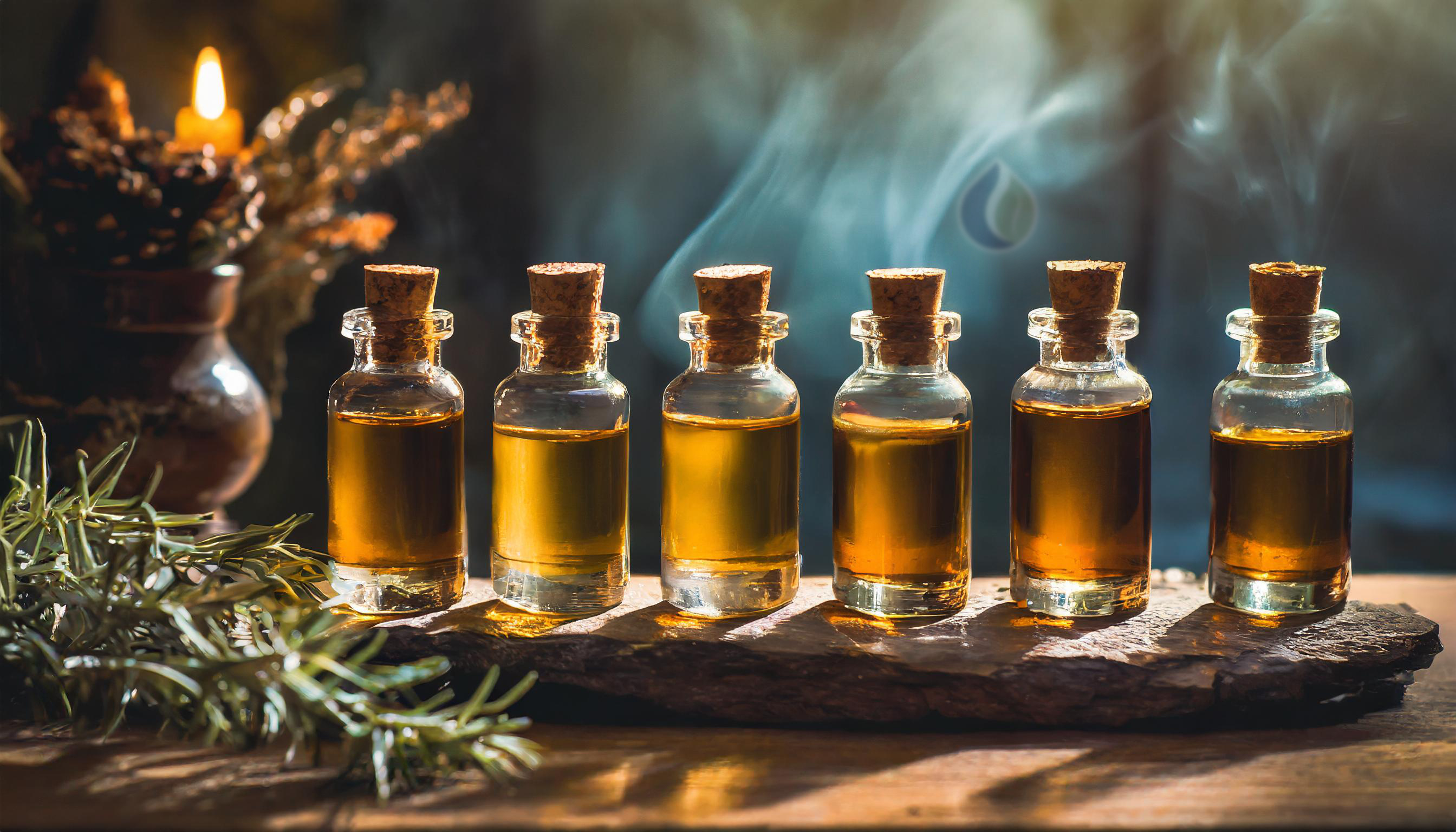
In our quest for a healthy and balanced life, there are numerous approaches and therapies that can help us. One of these approaches is Aromatherapy, an approach that uses essential oils to promote physical, mental and emotional well-being. In this comprehensive blog, we dive deeper into the world of Aromatherapy, its origins and the benefits of topical application to the skin. In addition, we will also introduce you to Meditech Europe, who is happy to offer advice and support in this area. Let's begin.
What is Aromatherapy
Aromatherapy is an alternative healing method that uses essential oils, extracted from plant extracts, to promote physical, emotional and mental well-being. These essential oils are often obtained by distillation or extraction from flowers, leaves, bark and other parts of plants.
Aromatherapy is often used to relieve stress, anxiety, insomnia, muscle pain, headaches and various other complaints. The oils can be applied in various ways, including inhalation, topical application to the skin or even internally in some cases. The latter should be done with caution and only under the guidance of a qualified professional.
The practice of aromatherapy is based on the premise that the scents of certain essential oils can have a therapeutic effect by stimulating the brain's limbic system, which regulates emotions, memory and certain bodily functions.
In addition, there are several other mechanisms of action and effects that contribute to the therapeutic effects of aromatherapy, including:
Pharmacological effects: Some essential oils contain natural compounds that have pharmacological effects, such as anti-inflammatory, analgesic, antimicrobial or sedative properties. These compounds can interact with biochemical processes in the body and cause specific physiological responses.
Neurological effects: In addition to the limbic system, essential oils can affect other parts of the nervous system, such as the autonomic nervous system and the central nervous system. This can lead to changes in heart rate, breathing, hormone production and other neurological functions.
Physiological effects: Aromatherapy can also have physiological effects, such as improving circulation, relieving muscle tension, promoting digestion, strengthening the immune system and promoting healthy skin.
Psychological effects: The fragrances of essential oils can cause psychological responses, such as improving mood, reducing anxiety and stress, promoting relaxation and improving concentration and alertness.
Overall, the action of aromatherapy is a complex interplay of these different mechanisms, which together can contribute to its therapeutic effects.
It is important to note that although many people benefit from aromatherapy, more scientific research is needed to confirm its effectiveness for various conditions.
What are the benefits of topical application to the skin?
"Topical application to the skin" refers to applying essential oils or aromatic blends directly to the skin surfaces of the body. This can be done by mixing massage oils, lotions, creams or other carrier oils with essential oils and then applying them to the skin.
Topical application offers several benefits, including:
Local effects: By applying essential oils directly to the skin, they can have local effects on the skin and nearby tissues.
Absorption: The skin can absorb some constituents of essential oils, allowing them to enter the bloodstream and spread their effects throughout the body.
Relaxation: Massage with essential oils can promote relaxation and reduce muscle tension.
Skin care: Some essential oils have properties that moisturize, soften, calm or protect the skin.
When using essential oils on the skin, it is important to be careful and dilute them in a carrier oil to avoid skin irritation, especially in people with sensitive skin. Also, certain essential oils should be avoided during pregnancy or with certain medical conditions. It is advisable to seek the advice of a qualified aromatherapist or health professional before using essential oils topically.
The Origins of Aromatherapy
The origin of aromatherapy can be traced back thousands of years and has its roots in several ancient cultures around the world. Here are some important milestones in the history of aromatherapy:
Ancient civilizations: Several ancient civilizations, including the ancient Egyptians, Greeks, Romans, Indians and Chinese, used aromatic plants and oils for medicinal, cosmetic and religious purposes. For example, they used incense, herbal extracts and aromatic oils in rituals, medicine and personal care.
Traditional medicine: In traditional healing systems such as Ayurveda in India and Traditional Chinese Medicine (TCM), aromatic substances were used for their medicinal properties. Essential oils were used in massages, aromatherapy and other therapies to balance the body and treat diseases.
Renewed interest in the 20th century: However, the modern term "aromatherapy" was not introduced until the 20th century by French chemist René-Maurice Gattefossé. In 1928, Gattefossé accidentally discovered the healing properties of lavender oil when he applied it to his burned hand and noted that the wound healed faster and left less scarring. This led to further research into the therapeutic uses of essential oils.
Around World War II: Gattefossé's work led to further development of aromatherapy, especially in France, where doctors such as Jean Valnet and others began using essential oils in treating wounded soldiers during World War II. Valnet later wrote the book "Aromathérapie" (1964), which contributed significantly to the spread of aromatherapy.
Since then, aromatherapy has become increasingly popular around the world, with growing recognition of its potential benefits for both physical and mental health. Contemporary aromatherapy combines ancient traditions with modern scientific knowledge and is used in a variety of applications, including spas, clinical settings (aromatherapists), personal care products and home use.
What does an aromatherapist do?
An aromatherapist is a professional who specializes in the use of essential oils and aromatic substances for therapeutic purposes. They may use a variety of techniques and approaches to improve the well-being of their clients. Some of the tasks and activities an aromatherapist may perform include:
Conduct consultations: The aromatherapist conducts interviews with clients to understand their specific needs, health problems, and goals.
Make recommendations: Based on the information from the consultation, the aromatherapist may recommend specific essential oils and aromatic blends best suited for the client's individual needs.
Applying essential oils: The aromatherapist may apply essential oils to the client's skin through massages, compresses, baths or other application methods.
Inhalation therapy: Aromatherapists may recommend inhalation therapy, in which clients inhale essential oils through steam, nebulizers, diffusers or inhalers.
Education: Aromatherapists often provide educational information to their clients on the safe and effective use of essential oils, as well as tips for home use.
Tracking progress: The aromatherapist tracks the client's progress and adjusts aromatherapy treatments as needed.
In general, an aromatherapist's goal is to promote their clients' well-being through the use of essential oils and aromatic substances, while providing a safe and supportive environment for their clients to achieve their health goals.
What products can support Aromatherapy
One of the technologies that can support Aromatherapy is the Multiwave Oscillator (MWO). The Multiwave Oscillator is a device that generates electromagnetic waves and is often used for therapeutic purposes in alternative medicine.
A patient's living environment can affect organisms. Electromagnetic radiation, pollution and other environmental factors can adversely affect the health of organisms. The Multiwave Oscillator can help reduce these stressors and promote balance in a harmonious living environment.
Conclusion
Aromatherapy is an alternative medicine that uses essential oils extracted from plant extracts to promote physical, emotional and mental well-being. It offers a natural approach to relaxation, stress reduction and improving overall well-being.
When applying Aromatherapy, the Multiwave Oscillator (MWO) can be used as a support tool, with the aim of restoring balance to a healthy living environment.
Meditech Europe is ready to advise you on Aromatherapy and provide you with products that can support this. For more information and questions, please contact us at info@meditecheurope.nl or +31527 292 331. We strive to contribute to the growth and development of Aromatherapy as a valuable approach to health and well-being.
FAQ
Does aromatherapy have an added value in the present time?
Yes indeed, aromatherapy has added value in today's day and age. It offers a natural approach to promoting relaxation, stress relief, improving mood and supporting overall well-being, which is especially important given the increasing stress and pressure in modern life.
What does an Aromatherapist do?
An Aromatherapist is a professional who uses essential oils to promote clients' physical, emotional and mental well-being. They conduct consultations, suggest essential oils based on individual needs, apply them through massage or inhalation, and provide education on safe and effective use of essential oils.
What is meant by topical application to the skin in aromatherapy?
Topical application to the skin in aromatherapy refers to the direct application of diluted essential oils or aromatic blends to the skin surfaces of the body, usually through massages, compresses, baths or lotions. It is advisable to seek the advice of a qualified aromatherapist or health professional before using essential oils topically.
